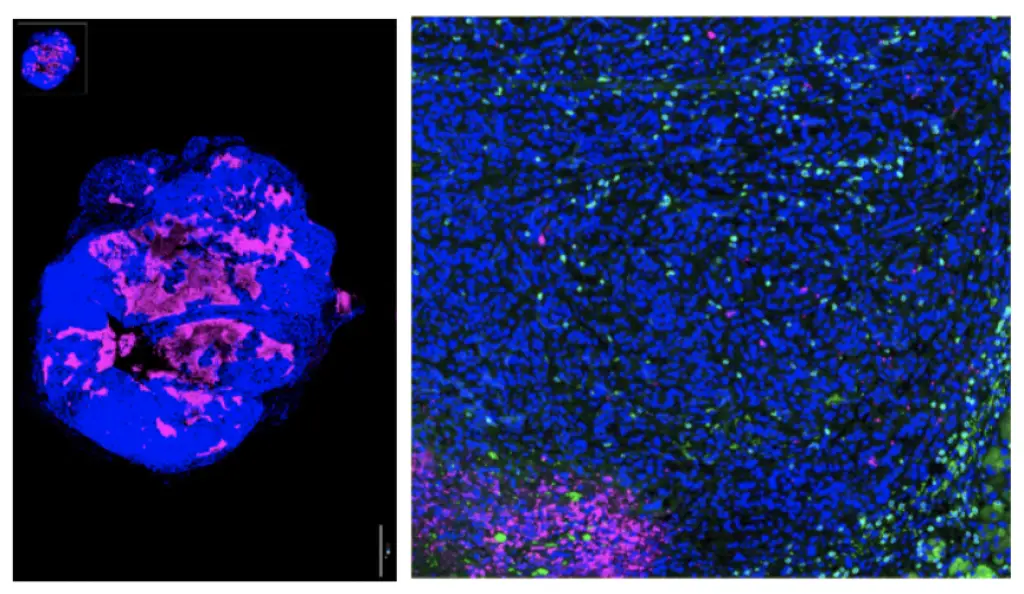In addition to their protective role against microbial pathogens and neoplastic cells, high levels of circulating type I Interferon are associated with the development of auto-immune diseases in humans. We have used a forward genetic approach to identify novel negative regulators of the innate response to cell-free DNA whose loss-of-function is known to be associated with systemic inflammation and auto-immunity. We are exploring the molecular mechanisms underlying the role of these negative regulators in type I Interferon signaling.
Molecular Mechanisms Underlying Novel Interferonopathies
About La Jolla Institute
The La Jolla Institute for Immunology is dedicated to understanding the intricacies and power of the immune system so that we may apply that knowledge to promote human health and prevent a wide range of diseases. Since its founding in 1988 as an independent, nonprofit research organization, the Institute has made numerous advances leading toward its goal: life without disease. Visit lji.org for more information.
Share this Article:
- Institute News
Croft's research led to new approaches for treating harmful inflammation
- Research News
San Diego scientists harness viral molecules to jump-start battle against pancreatic cancer
- Institute News
Sette's research shows how the human immune system fights infections, cancers, and more


